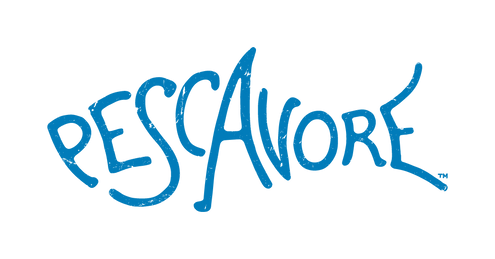
Cape Blanco
MEET CAPTAIN CORBINCaptain Corbin
Captain Corbin Hanson started fishing with his cousin in Alaska during the summer salmon season, and got hooked on the thrill. He then filled in the winters fishing squid and coastal pelagics in Southern California. When not out on the water, Corbin enjoys the time he has with his wife and kids, and being part of the historic tradition and important community fabric of fishing families in San Pedro. Corbin runs the Cape Blanco out of San Pedro year-round, primarily fishing tuna in the summer and squid in the winter, with other species like sardine, mackerel, and bonito targeted when available.
EILEEN
MEET CAPTAIN NICKCaptain Nick Jurlin
Captain Nick Jurlin started fishing with his father and grandfather as a boy in Alaska and Washington. You could say he has salt in his veins. Nick is statesman of the fishing industry, teaching young guys like Corbin the ropes. Corbin was a deckhand on Nick’s boat, then became a captain himself, and eventually Nick’s son-in-law. He has a long, successful career as a captain and boat owner and is now the owner/ operator of the Eileen out of San Pedro. Nick is also a representative on the Pacific Fisheries Management Council, helping inform the fisheries management we need to balance resource sustainability with a healthy industry that brings you the best local seafood.
At Pescavore we keep it simple, sustainable, and local. Unfortunately, when it comes to other seafood it's really complicated. The road to sustainability starts with transparency, so here are the facts.
90% of Seafood Consumed in the US is imported.

Seafood is the most traded food commodity in the world. The US has more coastline than any other country in the world yet 90% of of Seafood Consumed in the US is Imported.

Seafood caught in the US is often shipped abroad for processing and returned as a finished good. When the finished good is a frozen product, multiple freeze/thaw cycles lead to degradation in nutritional quality.

Almost 250,000 tons of global warming gases released were attributable to imports of food products to California—the equivalent amount of pollution produced by more than 40,000 vehicles on the road
33% of imported fish is from sources that are either Illegal, Unreported, or Unregulated (IUU)

Illegal, Unreported, and Unregulated fishing products often come from fisheries lacking the strong and effective conservation, management, and enforcement measures to which U.S. fishermen are subject.

Experts report that 75% of the world's fisheries are significantly depleted, overexploited or fully exploited. Behind these statistics are once-bountiful resources of the oceans that have dwindled.

By buying seafood caught and processed in the US, you can feel safe in that the fish is legal and sustainable.



